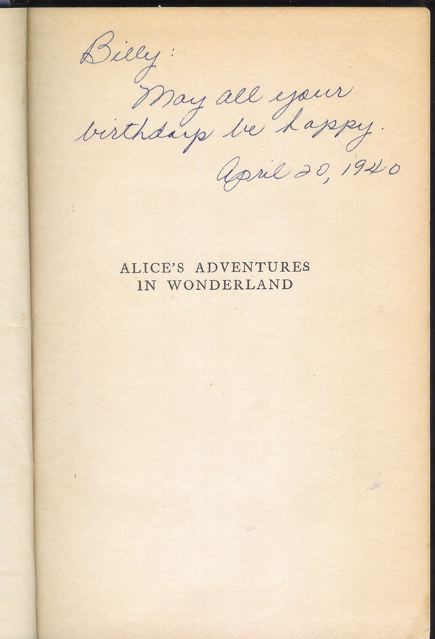Why we Shambhala Buddhists say “Cheerful,” instead of “Happy.” Hint: it’s about wishing our friend, or our sweet self, a reminder of basic goodness, not a state of samsara.
Pioneering Buddhist guru Chogyam Trungpa continues to teach, 20 plus years after passing away! He makes an appearance in this morning’s Guardian, one of the leading papers across the pond.
I grew up in his American Buddhist community, and my ma taught me early on the important distinction Trungpa Rinpoche made between ‘happy’ and ‘cheerful.’
We all said “Cheerful Birthday,” “Cheerful New Year.”
…more than a quirky cute in-joke club password, it signaled a distinction between external, outward-dependent and fleeting satisfaction versus a fundamental state of our basically-good being, awakened through meditation practice.
Excerpt via Ed Halliwell of the Guardian:
The next week or so will bring most of us a higher-than-usual number of wishes for our “happiness”. Whether it’s “Happy Christmas” (which seems to have eclipsed the more traditional exhortation to be “merry”), “Happy New Year”, or the religion-neutral American import “Happy holidays”, so many hopes for contentment can have the unintended effect of seeming like a reproach, especially if we are not feeling as chipper as the season appears to demand.
It is often claimed that the “festive” period is one of enhanced misery for many, with rates of depression soaring as people grapple with family strife or loneliness that is in stark contrast to social expectations. There is conflicting evidence on this – calls to helplines like the Samaritans do increase over the holidays, but the suicide rate tends to dip, at least until the New Year kicks in. Nevertheless, the common perception of widespread seasonal woe, even if anecdotal, suggests that the forced imposition of “happiness” on a particular time of year can have unintended consequences.
However, there is another, much more useful phrase for describing the potential of the holiday period – “the season of good cheer”. Whereas the word happiness implies an end state, the result of causes and conditions over which we may have little control, cheerfulness is volitional, a deliberate decision to be good-spirited. Indeed, it may be especially appropriate to rouse “good cheer” at times – such as midwinter – when outer circumstances seem wretched and we are more likely to feel downcast.
The value in distinguishing between “happy” and “cheerful” was underlined by the Tibetan meditation master Chogyam TrungpaRinpoche. Trungpa was hugely influential in bringing Buddhism to the west in the 20th century, not least because of his precise and profound understanding of the English language and his ability to apply it in expounding Buddhist principles. He used to make a point of wishing people a “cheerful birthday” or a “cheerful new year”, emphasising that we can make a decision to connect and identify with our basic wellbeing (also known as Buddha-nature), even when we are in the midst of suffering.
By making a conscious decision to be cheerful, including when we are in pain, we diminish our…
…for the rest, click here and go to the source.
So instead of asking if a loved one or pal is Happy? Are you happy? We do this, and in so doing remind ourselves, too.
Instead of wishing that someone is “happy,” a temporary state of mind, we wish them a helpful reminder—that they are cheerful, a fundamental state of being we can depend on whether we’re happy, sad, upset, glad, confused, frustrated, or excited.


 Share on bsky
Share on bsky





Read 8 comments and reply